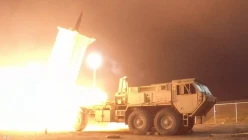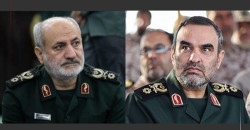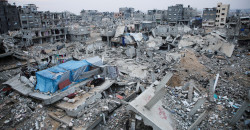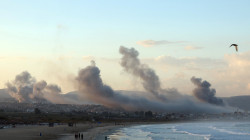US deploys THAAD missile defense system in Israel amid rising tensions with Iran
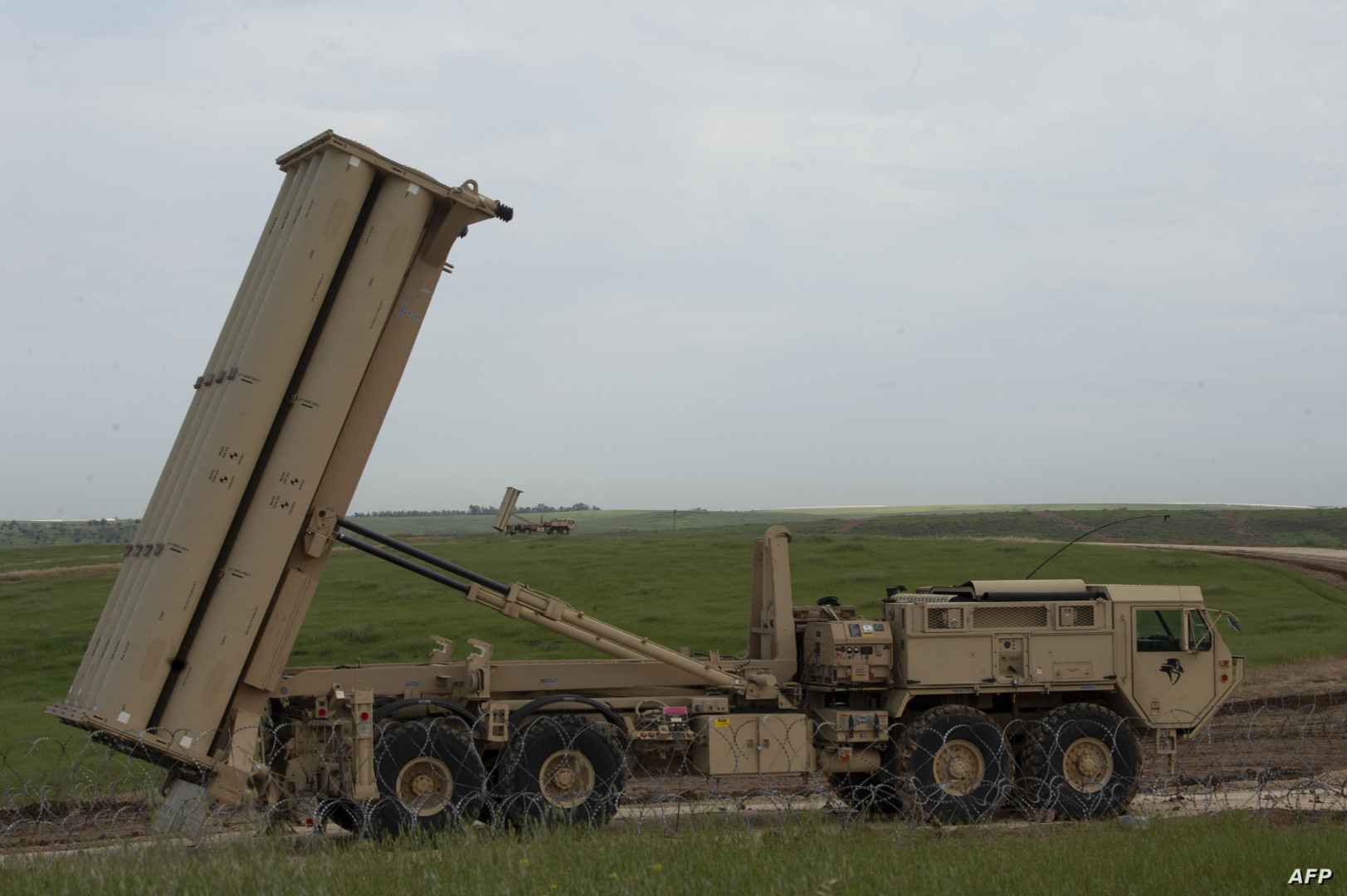
Shafaq News/ On Monday, US Defense Secretary Lloyd Austin announced the deployment of the THAAD (Terminal High Altitude Area Defense) missile defense system in Israel, following an order from President Joe Biden.
"The THAAD system is in place," Austin said, confirming the rapid deployment of the advanced system but declining to specify if it was fully operational. "We have the ability to put it into operation very quickly and we're on pace with our expectations," he added.
Pentagon spokesperson Patrick Ryder previously stated "Following the president's directives, Secretary Austin has authorized the deployment of a THAAD battery and its associated US military personnel to Israel. This deployment is intended to bolster Israel's air defense capabilities after Iran's unprecedented missile attacks on Israel, which occurred on April 13 and again on October 1."
Ryder described the move as part of the US military’s broader adjustments in recent months aimed at defending Israel and protecting US forces from Iranian and allied militia threats.
This marks the latest in a series of US deployments of the THAAD system to the region. Last year, the US sent a THAAD battery to the Middle East following the October 7 attacks, to protect US forces and interests. The US also deployed a THAAD battery to Israel in 2019 for integrated air defense exercises.
Israeli news outlets previously reported that the system will be operated by US forces on “Israeli soil.”
According to Israel's Channel 12, only one THAAD unit will be stationed in Israel at this stage.
What is the THAAD Missile Defense System?
The THAAD system, developed by US defense contractor Lockheed Martin, is designed to intercept short- and medium-range ballistic missiles at high altitudes. It is the only US system capable of intercepting threats both inside and outside the Earth’s atmosphere.
THAAD forms a key component of the US military’s layered missile defense systems and will further strengthen Israel’s already robust missile defense capabilities.
A typical THAAD battery requires approximately 100 personnel to operate and consists of six truck-mounted launchers, each equipped with eight interceptor missiles and a powerful radar system.
According to CNN, the THAAD system includes five main components: interceptors, launchers, radar, fire control units, and support equipment.
A single THAAD battery is typically made up of nine launch vehicles, each equipped with six to eight missiles, along with two command centers and a radar station.


